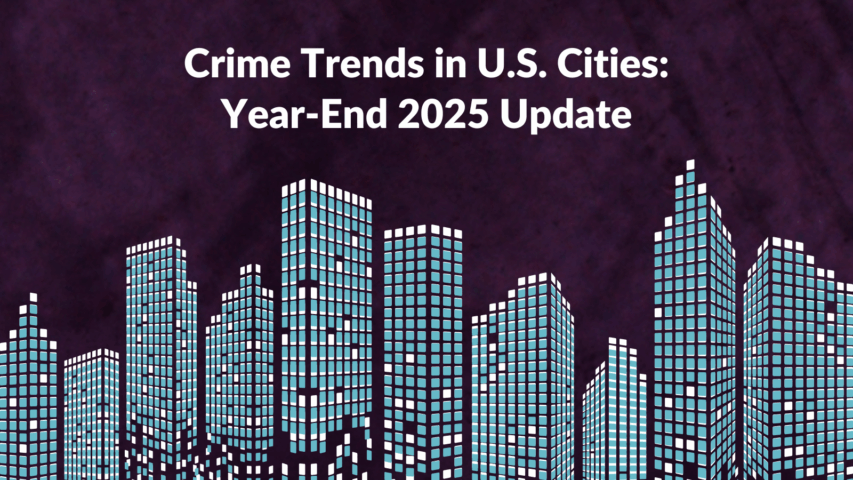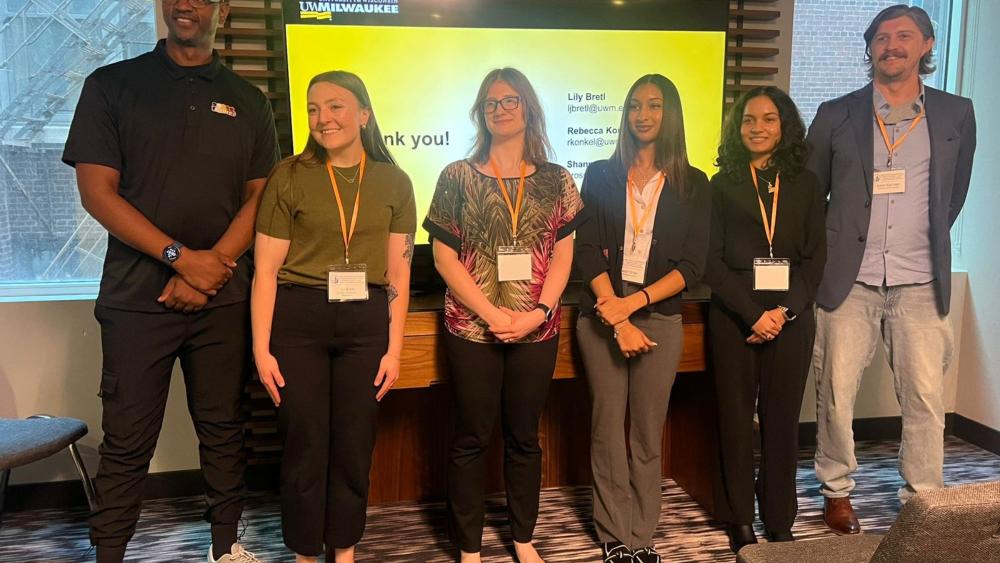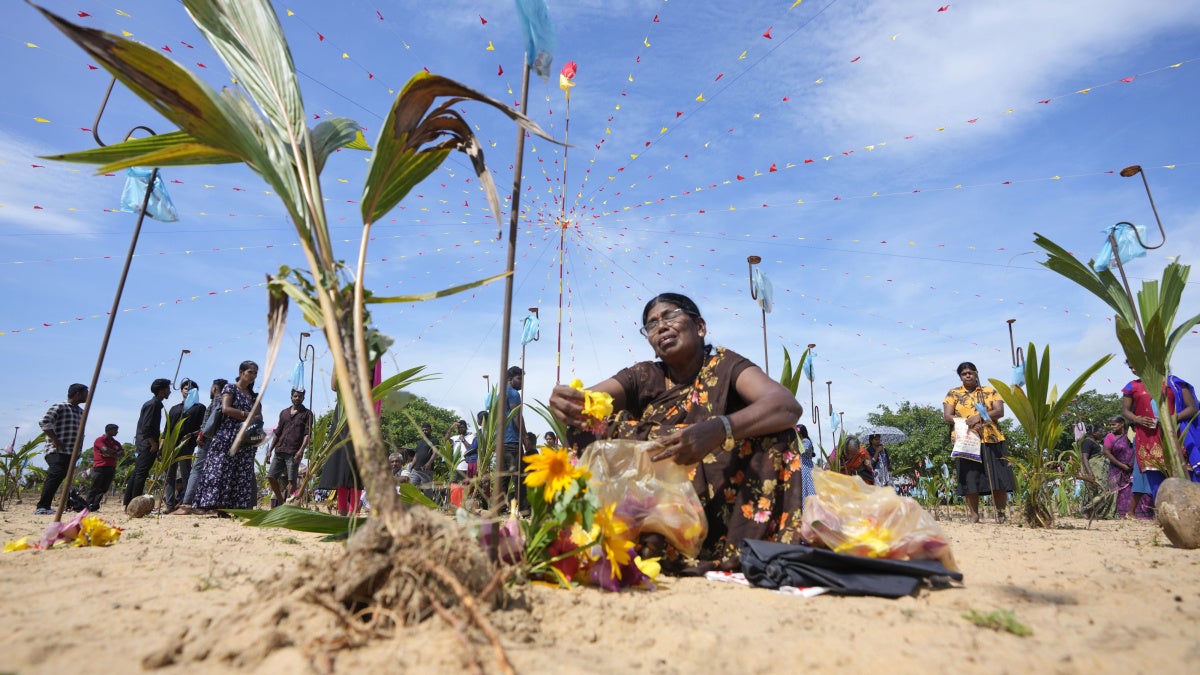Moroccan Electoral Reform: New Formula for Good Governance? – Stimson Center

Report on Political and Electoral Reforms in Morocco
Introduction: Aligning Governance with Sustainable Development Goals
Morocco is undergoing a significant phase of political reform, initiated by a royal mandate and propelled by public demand for greater transparency and accountability. This national effort, led by the Ministry of Interior, is focused on restructuring the electoral system and promoting ethical political practices. The reforms are strategically aligned with the United Nations’ Sustainable Development Goals (SDGs), particularly SDG 16 (Peace, Justice and Strong Institutions), by seeking to build effective, accountable, and inclusive institutions. The objective is to restore citizen trust in representative bodies and create a political environment that reflects the aspirations of its younger generation, thereby strengthening the nation’s social contract and international image ahead of major global events.
Enhancing Electoral Integrity and Institutional Strength (SDG 16)
Legislative and Oversight Mechanisms
The Ministry of Interior is finalizing new electoral laws designed to ensure the integrity of the political process, a core target of SDG 16. These measures are intended to eradicate corruption and political patronage, which undermine institutional trust. Key actions include:
- Implementing robust financial and technical monitoring systems to track illicit campaign financing and suspicious expenditures.
- Issuing directives to political parties to prevent the endorsement of candidates suspected of involvement in corruption or electoral crimes.
- Developing a national plan to monitor campaign spending, with a specific focus on preventing the exploitation of social or charitable activities for vote-buying.
Fostering Inclusive and Participatory Governance
The reform initiative marks a transition from a top-down oversight model to a more inclusive framework that empowers citizens to participate in safeguarding electoral integrity. This approach directly supports SDG 16.7, which calls for responsive, inclusive, participatory, and representative decision-making. Key components of this shift are:
- The launch of a wide-scale public awareness campaign against vote-buying and other corrupt practices.
- The establishment of a dedicated reporting line for citizens to report electoral malpractice.
- An official push to break the cycle of money and power, aiming to foster a new class of political elites whose legitimacy is based on competence and integrity rather than patronage, contributing to SDG 10 (Reduced Inequalities).
Youth Aspirations and the Pursuit of Social Justice
The Role of Generation Z in Driving Change
The current political reforms are intrinsically linked to a societal movement led by Moroccan youth, particularly Generation Z. This demographic has become a powerful force for change, utilizing digital platforms and public demonstrations to advocate for a more just and transparent society. Their demands are central to achieving several SDGs.
- Transparency and Accountability (SDG 16): Youth are demanding an end to corruption and the establishment of transparent governance structures.
- Social Justice and Fair Opportunities (SDG 10): There is a strong call for a merit-based system that provides fair opportunities for all, rejecting the logic of privilege and clientelism.
- Improved Public Services: The demand for better public services aligns with goals related to health (SDG 3), education (SDG 4), and infrastructure (SDG 9).
Renewing the Social Contract
The monarchy recognizes that renewing the social contract is contingent upon regaining the trust of younger generations. The ongoing reforms represent a strategic effort to re-engineer political life by integrating the bottom-up pressure for change with top-down institutional reform. This dialogue is crucial for building a political system perceived as legitimate and effective by those who prioritize competence and tangible achievements over traditional loyalties.
Strategic Outlook: Challenges and Pathways to Sustainable Governance
A Dual Test for Morocco’s Political Future
Morocco faces a critical test in its journey toward stronger governance. The success of these reforms hinges on two factors:
- The capacity of political parties to embrace ethical responsibilities and renew their commitment to the public good.
- The ability of the state to convince citizens that political participation is an effective vehicle for meaningful reform.
The fight against electoral corruption is therefore not merely a moral imperative but a strategic recalibration of the state-society relationship. It is a foundational step toward restoring trust and ensuring that political institutions, rather than public anger, drive the reform agenda.
Conclusion: Building Legitimacy for a Sustainable Future
The ultimate goal of this reform process extends beyond organizing free and fair elections; it is about building new legitimacy for the entire political sphere. Success will result in a cleaner, more effective political landscape capable of addressing complex national challenges and advancing the Sustainable Development Goals. Failure to break the cycle of mistrust risks undermining the very meaning of political participation and hindering progress toward a just, peaceful, and inclusive society as envisioned by SDG 16.
Analysis of Sustainable Development Goals in the Article
1. Which SDGs are addressed or connected to the issues highlighted in the article?
-
SDG 16: Peace, Justice and Strong Institutions
- The article’s central theme is the political and electoral reform in Morocco, which directly relates to building effective, accountable, and inclusive institutions. The efforts to combat corruption, restructure the electoral system, promote ethical political practices, and restore citizen trust in representative institutions are core components of SDG 16.
-
SDG 10: Reduced Inequalities
- The article highlights the societal movement led by youth (Gen Z) demanding “social justice” and a “state of fair opportunities.” The reforms aim to break the “vicious cycle that links money to power” and end the “logic of privileges.” This connects to SDG 10 by addressing political and social inequalities and promoting equal opportunity in political participation, regardless of wealth or connections.
2. What specific targets under those SDGs can be identified based on the article’s content?
-
Target 16.5: Substantially reduce corruption and bribery in all their forms.
- The article explicitly details Morocco’s fight against electoral corruption. It mentions measures like “financial and technical monitoring mechanisms to track illicit electoral money flows,” preventing the use of “charitable work or social donations to buy votes,” and launching a campaign against “the phenomenon of vote-buying.” These actions are directly aimed at reducing corruption and bribery within the political system.
-
Target 16.6: Develop effective, accountable and transparent institutions at all levels.
- The entire reform effort is an attempt to make Morocco’s representative institutions more effective, accountable, and transparent. The goal to “restore citizens’ trust in representative institutions” and ensure the “integrity of the upcoming elections” by drafting new electoral laws and monitoring campaign spending directly supports the development of such institutions.
-
Target 16.7: Ensure responsive, inclusive, participatory and representative decision-making at all levels.
- The article describes a shift “from a top-down oversight model to a more inclusive one that involves citizens in monitoring the integrity of the electoral process.” It also notes that the reforms are a response to youth demands, reflecting an attempt to be more responsive to a key demographic. The goal is to create a system where new elites gain legitimacy based on “competence and integrity instead of personal loyalties,” fostering more representative decision-making.
-
Target 10.3: Ensure equal opportunity and reduce inequalities of outcome, including by eliminating discriminatory laws, policies and practices.
- The reforms are presented as a response to youth who reject the “logic of privileges and demand a state of fair opportunities.” By working to prevent corrupt individuals from running for office and breaking the link between money and power, the reforms aim to create a more level playing field in politics. This promotes equal opportunity for political participation based on merit rather than wealth or patronage, directly aligning with Target 10.3.
3. Are there any indicators mentioned or implied in the article that can be used to measure progress towards the identified targets?
-
Indicators for Target 16.5 (Reduce Corruption):
- Existence of monitoring mechanisms: The article mentions the implementation of “financial and technical monitoring mechanisms to track illicit electoral money flows” and a “precise national plan to monitor spending on electoral campaigns.” The establishment and effectiveness of these systems are clear indicators.
- Citizen reporting of corruption: The creation of a “dedicated line for citizens to report any corrupt practices” implies that the number and nature of reports received could be an indicator of both citizen engagement and the prevalence of corruption.
- Reduction in illegal campaign financing: The article refers to “repeated observations from the Court of Auditors regarding the existence of massive electoral expenses outside of legal frameworks.” A reduction in such observations in future audits would be a key indicator of progress.
-
Indicators for Target 16.6 (Effective, Accountable, Transparent Institutions):
- Level of citizen trust: The article explicitly states a primary goal is to “restore citizens’ trust in representative institutions.” Measuring public trust through surveys before and after the reforms would be a direct indicator of their success.
- Adoption of new electoral laws: The drafting and successful submission of “new electoral laws” to parliament is a concrete legislative indicator of institutional reform.
-
Indicators for Target 16.7 (Inclusive and Participatory Decision-Making):
- Citizen participation in oversight: The shift to an “inclusive one that involves citizens in monitoring the integrity of the electoral process” can be measured by the level and mechanisms of citizen involvement, such as through the dedicated reporting line.
- Adoption of a code of honor: The article notes that political parties “have not yet reached a unified code of honor that prevents corrupt individuals from running.” The successful creation and implementation of such a code would be an indicator of progress.
-
Indicators for Target 10.3 (Ensure Equal Opportunity):
- Diversity of political candidates: An increase in “new elites who carry legitimacy based on competence and integrity instead of personal loyalties” would indicate a move towards a system based on fair opportunity rather than privilege and wealth.
4. Summary Table of SDGs, Targets, and Indicators
| SDGs | Targets | Indicators Identified in the Article |
|---|---|---|
| SDG 16: Peace, Justice and Strong Institutions |
16.5: Substantially reduce corruption and bribery in all their forms.
16.6: Develop effective, accountable and transparent institutions at all levels. 16.7: Ensure responsive, inclusive, participatory and representative decision-making at all levels. |
|
| SDG 10: Reduced Inequalities | 10.3: Ensure equal opportunity and reduce inequalities of outcome. |
|
Source: stimson.org
What is Your Reaction?
 Like
0
Like
0
 Dislike
0
Dislike
0
 Love
0
Love
0
 Funny
0
Funny
0
 Angry
0
Angry
0
 Sad
0
Sad
0
 Wow
0
Wow
0













































































